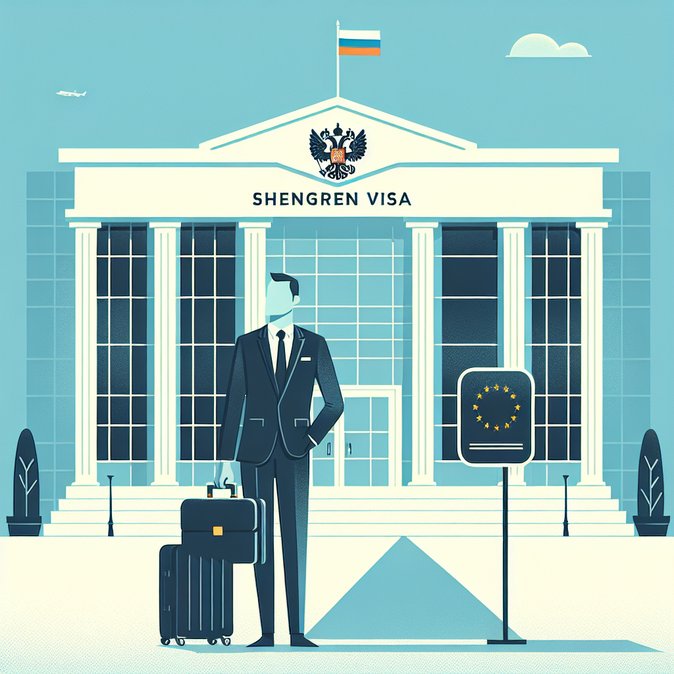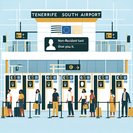
The European Commission on 7 November tightened the bloc’s visa rules for Russian nationals, scrapping the possibility of multi-entry Schengen visas and obliging applicants to undergo a full consular interview each trip. The measure, adopted unanimously by the 27 member states, is a direct response to what Brussels calls Moscow’s “instrumentalisation of migration” and sabotage threats.
Spain’s foreign ministry confirmed that its consulates in Moscow and St Petersburg will immediately adjust appointment systems and warned travellers to expect longer processing times. In 2024 Spain issued about 154,000 visas to Russian citizens—down 70 % from pre-Covid figures but still a key segment for luxury retailers in Barcelona, Marbella and Madrid.
![EU ends multi-entry visas for Russians, adds extra checks at Spanish consulates]()
Airlines such as Iberia and Vueling, which rely on seasonal charter traffic, are reviewing winter schedules amid uncertainty over demand. Corporate-mobility teams moving Russian executives to Spanish subsidiaries should prepare for single-entry visas only and budget extra lead time for each trip. The new rule does not affect residency permits, but Spanish police will intensify random checks at external borders.
Tourism boards in the Canary Islands, already grappling with ETIAS-related concerns, fear the stricter policy may further dent high-spend visitor numbers from Russia. The Commission insists security overrides economic considerations: “Visiting the EU is a privilege, not a right,” EU foreign-affairs chief Kaja Kallas said.
Spain’s foreign ministry confirmed that its consulates in Moscow and St Petersburg will immediately adjust appointment systems and warned travellers to expect longer processing times. In 2024 Spain issued about 154,000 visas to Russian citizens—down 70 % from pre-Covid figures but still a key segment for luxury retailers in Barcelona, Marbella and Madrid.

Airlines such as Iberia and Vueling, which rely on seasonal charter traffic, are reviewing winter schedules amid uncertainty over demand. Corporate-mobility teams moving Russian executives to Spanish subsidiaries should prepare for single-entry visas only and budget extra lead time for each trip. The new rule does not affect residency permits, but Spanish police will intensify random checks at external borders.
Tourism boards in the Canary Islands, already grappling with ETIAS-related concerns, fear the stricter policy may further dent high-spend visitor numbers from Russia. The Commission insists security overrides economic considerations: “Visiting the EU is a privilege, not a right,” EU foreign-affairs chief Kaja Kallas said.









